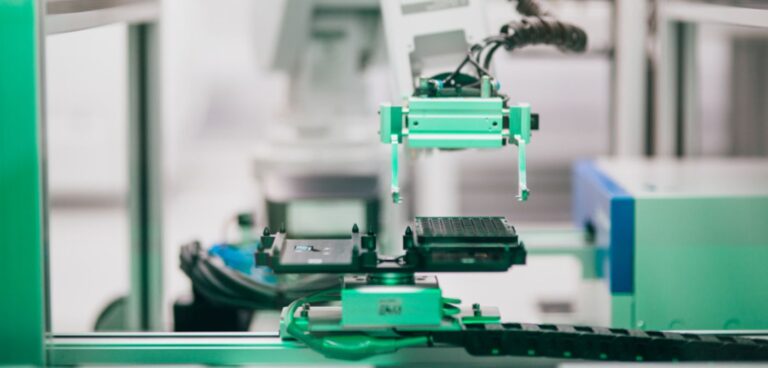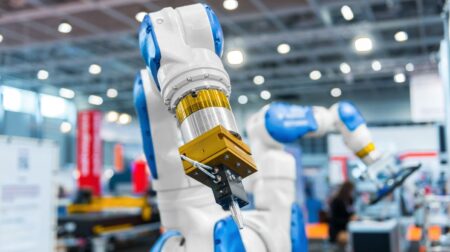IBM Research has partnered with biotechnology company Arctoris to investigate the application of AI and automation to accelerate closed loop drug discovery.
IBM Research has developed RXN for Chemistry, an online platform leveraging natural language processing architectures to automate synthetic chemistry.
Representing chemical reactions via Simplified Molecular Input Line Entry System (SMILES), the system is able to perform highly accurate reaction predictions using AI. Optimised synthetic routes are then used as input for RoboRXN, an automated platform for molecule synthesis.
Arctoris has developed Ulysses, an end-to-end automated platform for drug discovery research. The platform is designed to ensure accuracy, precision, and reproducibility by using robotic experiment execution and digital data capture technologies across cell and molecular biology and biochemistry/biophysics.
According to the Arctoris, experiments conducted with Ulysses generate more than 100 times more datapoints per assay compared to industry standard, leading to deeper insights and accelerated progress compared to manual methods.
The two platforms are now being combined for the first time in a research collaboration that will see new small molecule inhibitors for undisclosed targets being designed, made, tested, and analysed (DMTA) in an autonomous, closed loop approach.
Furthermore, IBM Research will design and synthesise novel chemical matter (design, make), to be profiled and evaluated by Arctoris (test, analyse), with the resulting data informing the subsequent iteration of the DMTA cycle.
Thomas A. Fleming, Arctoris, COO, explained: “The future of drug discovery is computational, with AI and robotics paving the way for better treatments to reach patients sooner.
“We are excited about partnering with IBM Research on a world-first closed loop drug discovery project bringing together two leaders in the field of AI and robotics-powered drug discovery. This collaboration will showcase how the combination of our unique technology platforms will lead to accelerated research based on better data enabling better decisions.”
The collaboration is currently on-going and financial terms were not disclosed.








